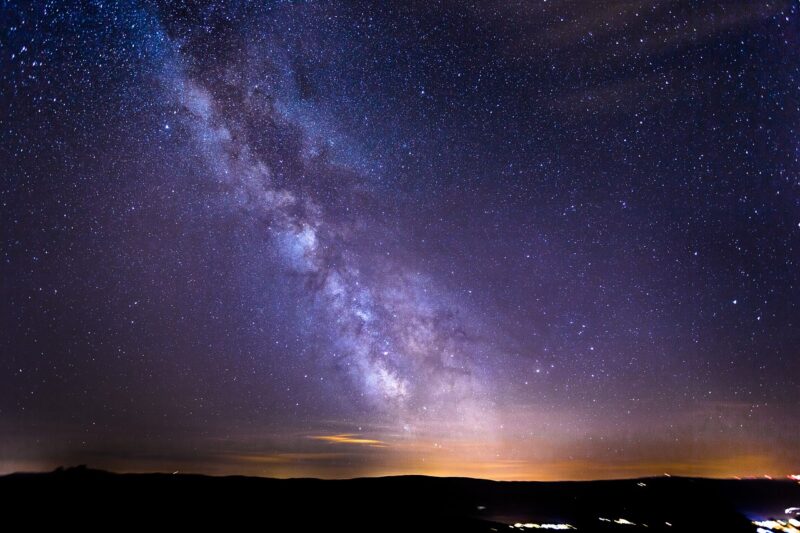The Roswell Incident and Why People Still Believe in Alien Contact
November 15, 2024

The Roswell Incident remains one of the most famous and controversial events in the history of UFO sightings and alien encounters. What started as a seemingly mundane military report in the summer of 1947 has evolved into a cultural phenomenon that captivates both conspiracy theorists and casual enthusiasts alike.
In this article, we will delve into the details of the Roswell Incident, the myths surrounding it, and the ongoing fascination with the possibility of extraterrestrial life.
1. The Initial Report: A Crash in New Mexico
The Roswell Incident begins on July 8, 1947, when the Roswell Army Air Field (RAAF) issued a press release stating that they had recovered a “flying disc” from a ranch near Roswell, New Mexico. This announcement was revolutionary. It seemed to confirm suspicions that unidentified flying objects were more than just weather balloons or figments of imagination.
However, the very next day, the military changed its story, claiming that the object was merely a downed weather balloon from a classified program, called Project Mogul. This abrupt shift raised suspicions and led many to believe that the government was hiding the truth.
2. The Aftermath: Cover-Ups and Theories
In the ensuing years, numerous conspiracy theories sprouted around the Incident. One prevalent theory suggests that the U.S. government recovered alien bodies from the crash site and engaged in a cover-up to keep the information under wraps. Proponents of this theory claim that witnesses who spoke out about what they saw were either silenced or discredited.
Several key witnesses, including former military personnel, have come forward claiming involvement in the recovery and examination of alien technology. In 1997, the U.S. Air Force released a report addressing the various conspiracy theories surrounding Roswell, yet these attempts at clarification often only fueled further speculation.
The fact that so much time had passed without a definitive explanation only strengthened belief in the existence of cover-ups. This has fed into a broader narrative of distrust towards government institutions, especially concerning issues related to national security and classified information.
3. Cultural Impact: The Birth of an Urban Legend
The impact of the Roswell Incident extends beyond the realm of conspiracy theories and into popular culture. The event has inspired countless films, books, and television shows, further embedding it into the fabric of society’s understanding of aliens and UFOs. Movies like “Close Encounters of the Third Kind” and shows such as “The X-Files” portray the Roswell Incident as a pivotal moment in the understanding of humanity’s place within the cosmos.
Additionally, Roswell hosts an annual UFO Festival, attracting throngs of visitors fascinated by the potential of alien contact. The town has embraced its claims to fame, with tours and museums dedicated to UFOs and extraterrestrial life.
Such cultural phenomena help sustain interest in the Roswell Incident as they blend entertainment, speculation, and, for many, a sense of community among UFO enthusiasts.
4. Psychological Factors: Why People Believe in Aliens
Several psychological factors contribute to why the Roswell Incident retains its significance in contemporary society.
– The Need for Explanation: Humans have a natural inclination to seek explanations for the unknown. When faced with mysteries like UFO sightings or alleged alien encounters, people often turn to conspiracy theories as a way to rationalize confusion or fear.
– Distrust in Authority: The changing narrative by the military regarding the Roswell Incident has fostered deep-seated distrust in government. This skepticism promotes belief in alternative explanations, often favoring alien encounters over more mundane realities.
– The Allure of the Unknown: The prospect of alien life taps into a fundamental eagerness for discovery. The concept of extraterrestrial beings challenges our understanding of existence and fuels curiosity, making people more receptive to the idea that aliens may be visiting Earth.
Understanding why the Roswell Incident continues to resonate allows us to see how individual beliefs can shape collective narratives, influencing how future generations view the unknown.
5. The Next Frontier: Research and Ongoing Interest
Despite advances in science and technology, the search for extraterrestrial life continues. Projects like the Search for Extraterrestrial Intelligence (SETI) and advancements in astrobiology aim to find definitive evidence of life beyond Earth. In the age of the internet, sightings and reports about UFOs from credible sources have surfaced, reigniting interest in the phenomenon.
For instance, in 2020, the Pentagon officially released videos taken by Navy pilots showing unidentified aerial phenomena (UAP), leading to renewed investigations and discussions. The mystery surrounding these encounters reflects the enduring human curiosity about what lies beyond our planet.
Conclusion: The Roswell Incident’s Legacy
The Roswell Incident is more than just a questionable military report; it embodies humanity’s intrigue with the unknown, our desire for connection, and the search for answers. Whether viewed as a genuine encounter with alien life or an elaborate government cover-up, the incident has influenced culture, psychology, and ongoing research. Its legacy continues to inspire exploration and inquiry into the possibility that we are not alone in the universe.
Willing or not, the belief in alien contact stemming from the Roswell Incident persists,, ensuring that it will remain a topic of discussion for decades to come.








